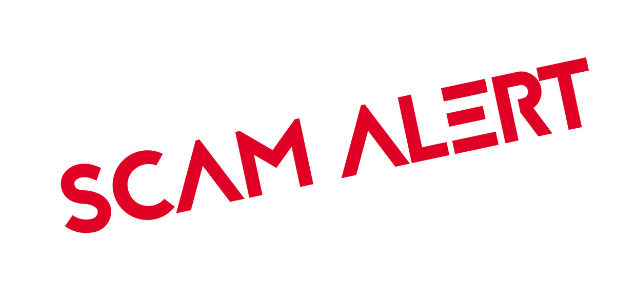Long before the COVID-19 disruption started the government (represented via the National Credit Regulator aka NCR) and financial institutions have continuously been warning consumers to be vigilant and not give away their personal information, or click on ‘inviting’ hyperlinks and opening unsolicited emails/messages. The recent pandemic period has, unfortunately, paved the way for hackers and fraudster opportunists to continue to prey on vulnerable South Africans. Perhaps you can associate from experience? DebtSafe cannot emphasise enough – you and other consumers need to take caution when considering taking out loans, applying for any form of credit or, sharing information that can exploit your dire financial situation even further.
Lately DebtSafe’s team has seen various dodgy emails and SMS messages doing the rounds again – the familiar pattern/procedure of loan sharks that our consumers get confronted with. Consumers are finding themselves in desperate situations and fall victim to these crooks. Criminals disguise their operations and offer so-called ‘legal credit proposals’ such as loans, for example. A typical advertisement can include certain conditions and ‘upfront payments’ or fees. Consumers should not be caught off-guard as this is illegal and a criminal offense according to the National Credit Act.
What do you need to remember or, look out for?
- Take notice of certain marketing descriptions, for example: “Cost-effective loan in a short time frame”, “*5% Fixed Interest Rate, no Credit Review, From R20,000.00 to R10million*”, “COVID Financial Relief Program” or “Call Mr. & Mrs. What What for Lockdown Relief”. Not to mention a plain: “Hi!”. Don’t you just want to question these strange subject lines? Remember: when a ‘credit deal’ sounds too good to be true, it usually is.
- A registered creditor is not allowed to ask an ‘upfront fee’, sometimes referred to in adverts as an initiation fee or admin fee. These types of fees should form part of the monthly payment amount of the loan, for example. So, look out for keywords in the marketing/advert or terms and conditions AND rather give this type of ‘real deal’ a skip.
- Do your research well, confirm a company’s credentials, and make sure the corporation or creditor is registered under the NCR.
- Avoid opening or clicking on links from unknown sources.
- Keep your personal access information secure and NEVER give away your personal or banking details over the phone, email, social media platforms, or internet sites.
- Be careful when it comes to your online browsing and activity. Make sure you don’t give any of your account information away.
What to do if you fall/have fallen victim to a loan or credit scam?
- Notify the fraud division of your bank, the various registered credit bureaus, the Southern African Fraud Prevention Service (SAFPS) as well as the complaints department at the NCR.
- In some cases, you may need to go to your nearest Police station (SAPS) to get an affidavit and report the fraud.
Be careful of fraudsters out there, especially during this challenging financial time. Always stay alert, double-check that you are sure the credit provider does not offer you a rip-off, make sure that you really need the credit that you want to apply for (like a loan), and protect your hard-earned money in the process.
